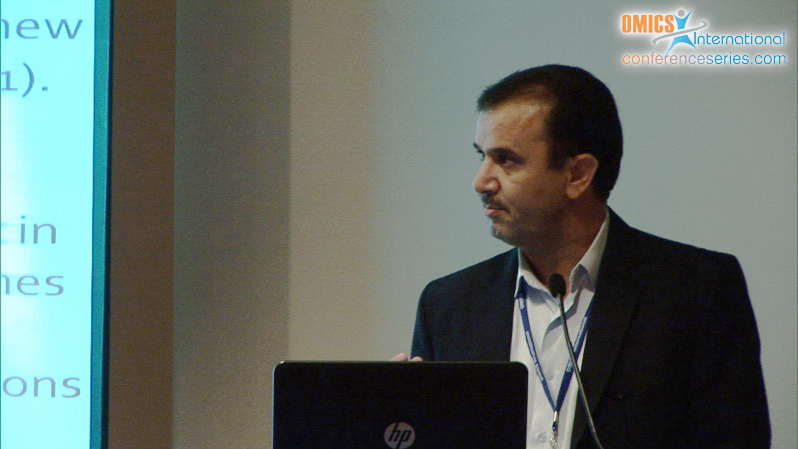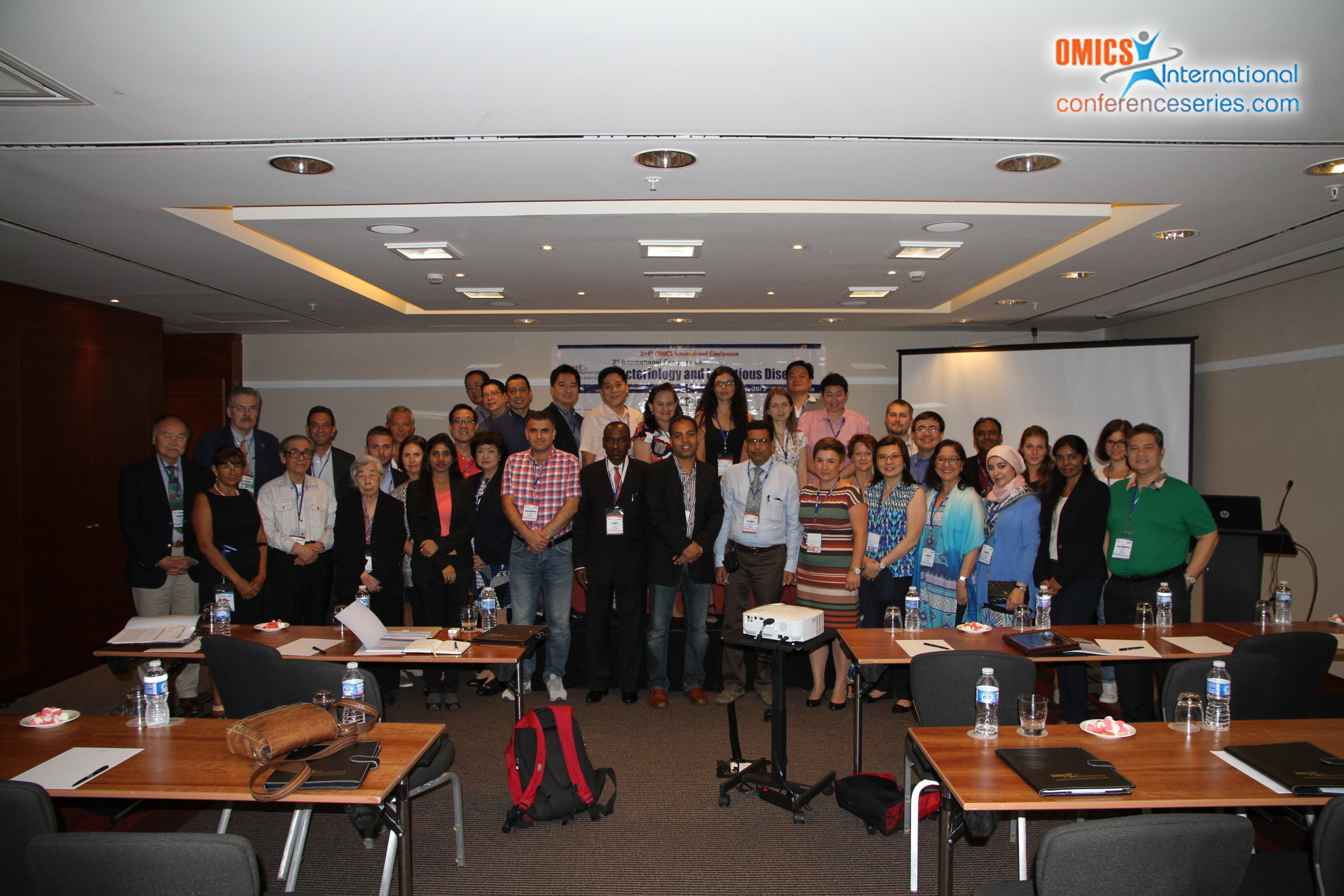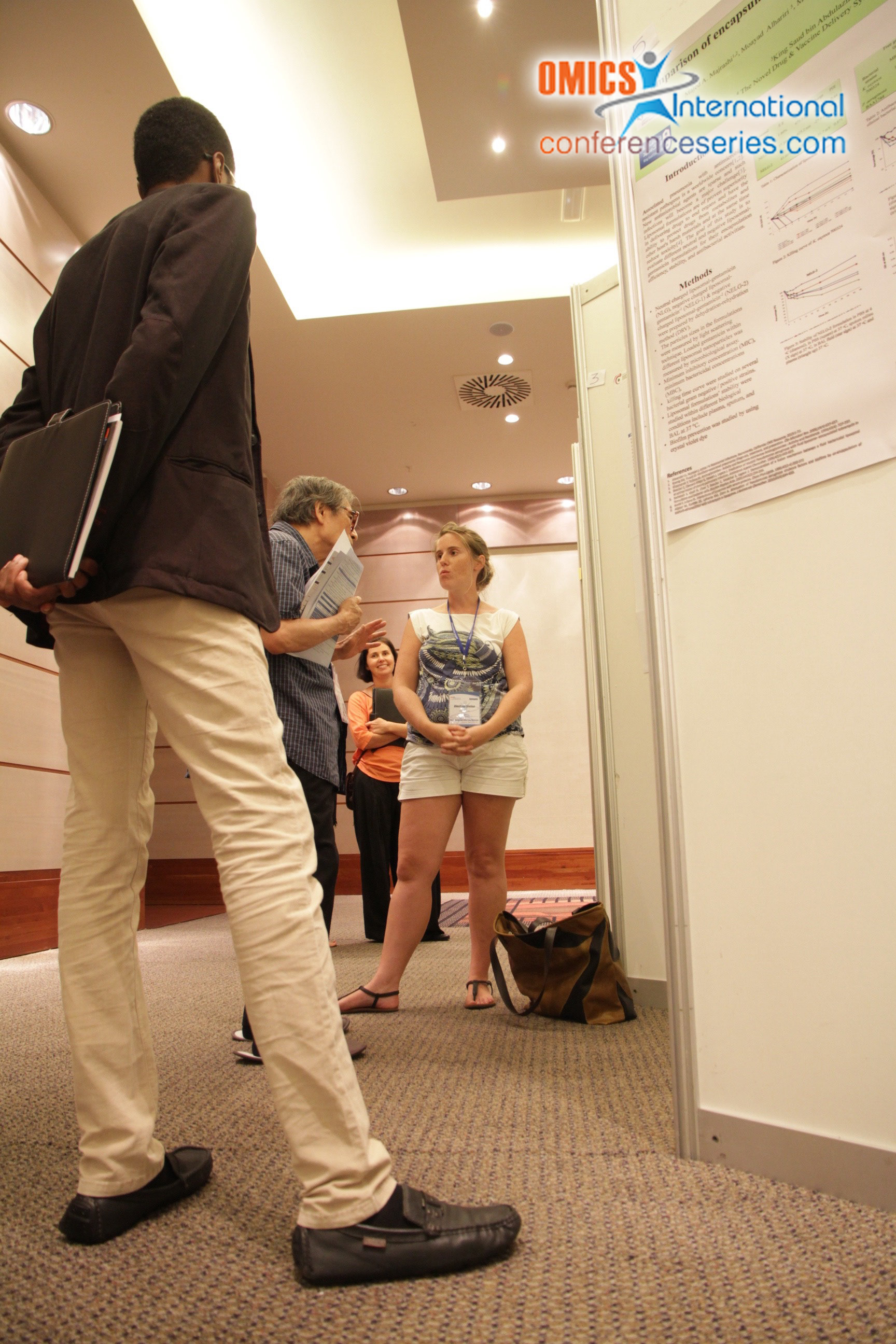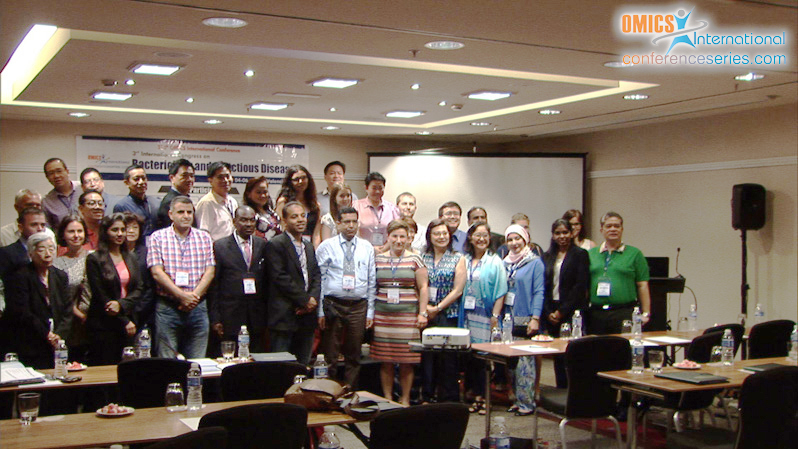
Rashid Ramazanzadeh
Kurdistan University of Medical Sciences, Iran
Title: Effect of ciprofloxacin and levofloxacin alone or in combination with N-acetylcysteine on biofilm-producing Enterococcus faecalis: Contaminated root canals of extracted human teeth
Biography
Biography: Rashid Ramazanzadeh
Abstract
Introduction: Biofilm producing-Enterococcus faecalis remains a major challenge in the disinfection of an infected root canal system. The aim of this in vitro study was to investigate the antibacterial effect of ciprofloxacin (CIP), levofloxacin (LEV) and their combination with N-acetylcysteine (NAC) in root canals infected with E. faecalis biofilms. Methods: Ninety one single root teeth were prepared. The antimicrobial effectiveness of seven-day intra canal medication with increasing concentrations (MIC to 1000MIC) of calcium hydroxide (CaOH2), CIP, LEV, CIP plus NAC (8 mg/ml) and LEV plus NAC was evaluated using the roots infected with E. faecalis for 30 days. Colony-forming unit (CFU) counting was performed. Biofilm formation and structural changes were monitored using scanning electron microscopy (SEM). Results: All the chemotherapeutic agents were significantly more effective than CaOH2 (P<0.05). There was no significant difference between combined treatment with NAC and single antibiotic treatments (P>0.05) except for LEV plus NAC which showed significantly higher reduction in CFU/ml than LEV at concentrations of 50 MIC and above (P<0.05). The effectiveness of the antibiotics was significantly positively correlated with their concentrations (r>0.8; P=0.000). SEM examination confirmed the formation of mature biofilms and a complete accordance between reductions in CFU/ml and destruction of biofilm structures was found. Conclusions: The local application of CIP and LEV and in vitro synergism of LEV and NAC led to more antimicrobial efficacy than CaOH2 against E. faecalis biofilms in root canals of extracted human teeth.





